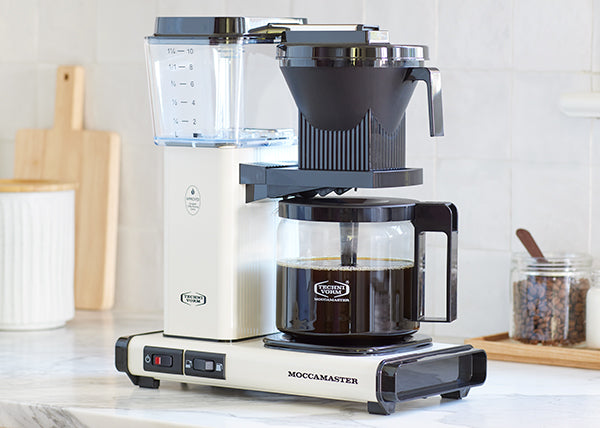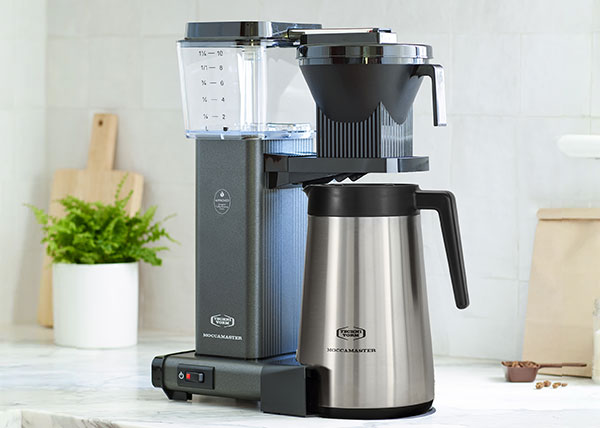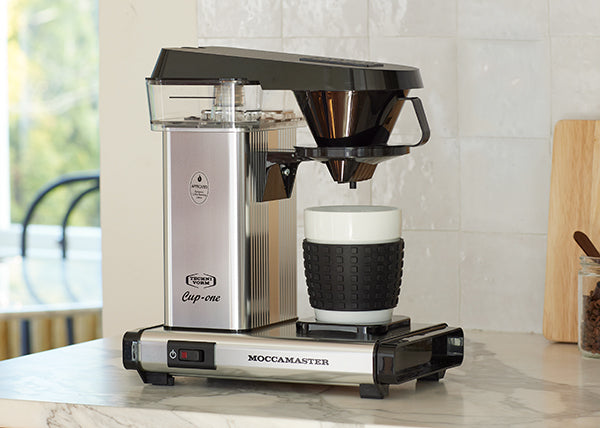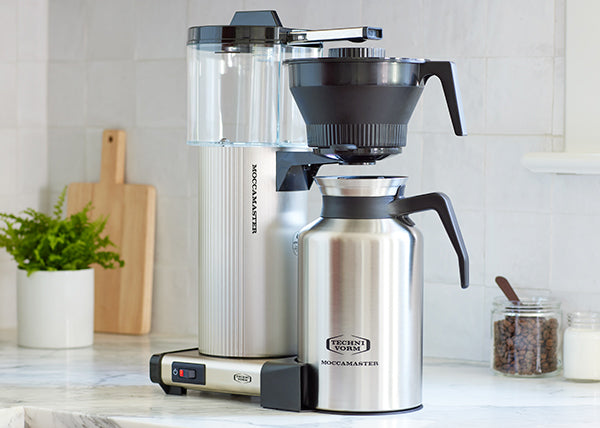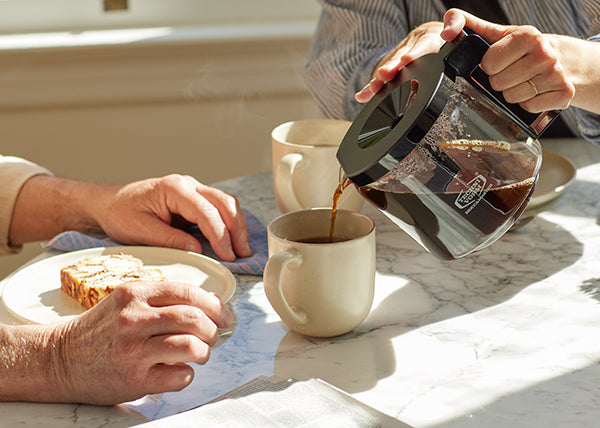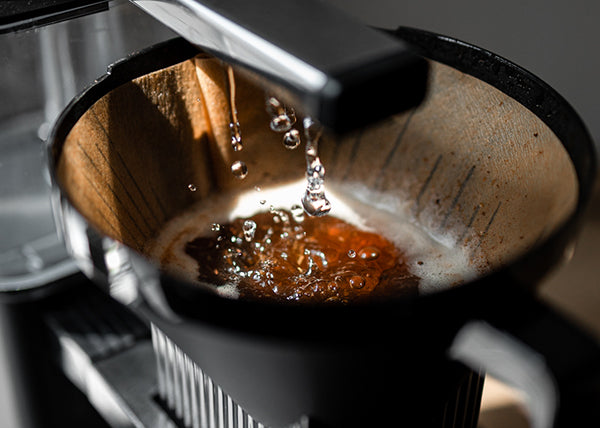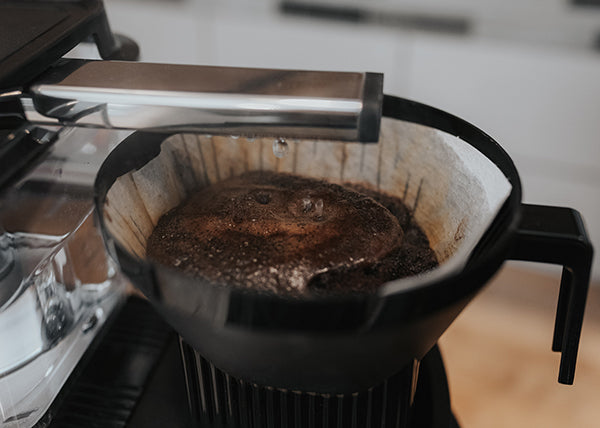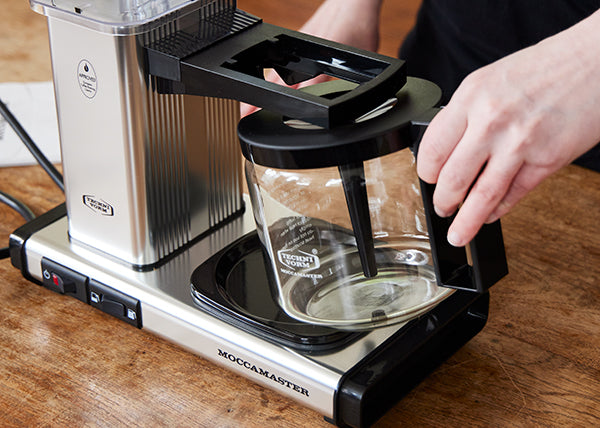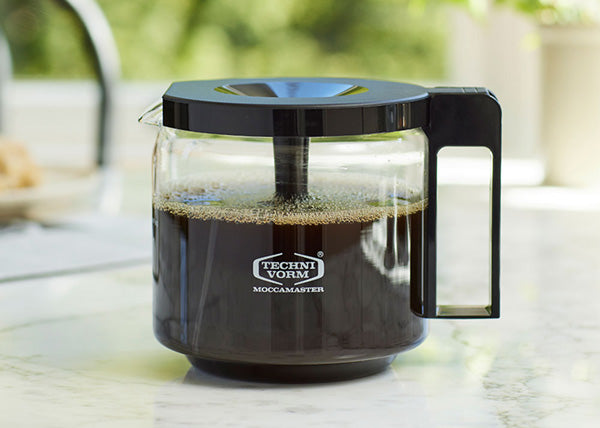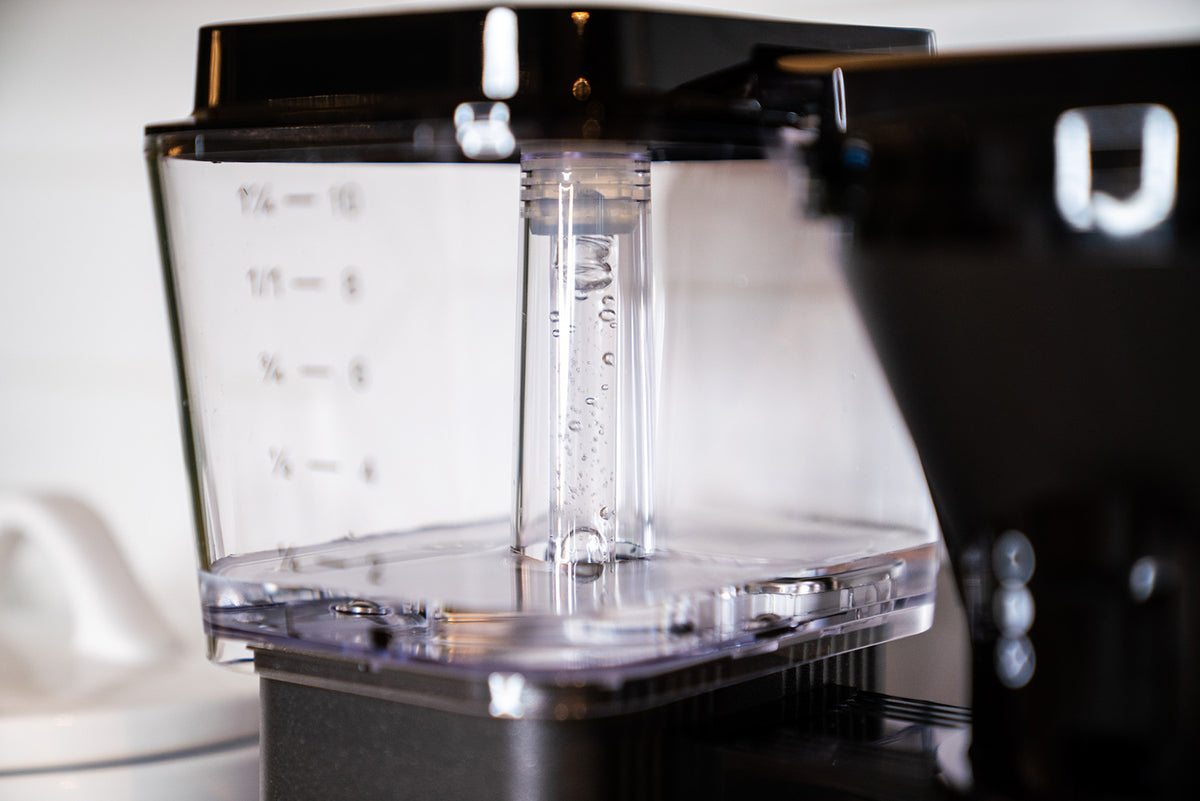We are committed to using the best materials in our coffee brewers and grinder to ensure optimal performance and consistent coffee quality. Here's why we choose plastics for certain parts of our brewers:
-
Safety First: All plastics that meet coffee or water are food-safe and free from BPA, BPS, BPF, and phthalates. These high-quality materials are chosen to ensure the safety and well-being of our customers. With alternatives consistently being reviewed and monitored.
-
Consistent Coffee Quality: Parts made of Plastics do retain less heat compared to the same parts made of porcelain or glass, allowing you to maintain consistent coffee quality when brewing multiple batches back-to-back.
-
Durability and Functionality: Our plastic components are lightweight, resistant to damage, and offer greater functionality compared to other materials. Plus, they are inexpensive to replace if accidentally lost or broken.
-
Proper Care for Longevity: To extend the life of these components, we recommend washing them with warm, soapy water and avoiding the dishwasher. This helps retain their malleability and ensures they last a long time.
- Use of Virgin Plastics: At Moccamaster, we prioritize the use of virgin plastics for key components in our coffee brewers. Virgin plastics are newly produced materials, ensuring optimal structural integrity, durability, and resistance to wear over time. By using virgin plastics, we maintain high standards of quality, minimize risks of contamination, and meet food safety regulations. All virgin plastics in our products are BPA, BPS, and BPF-free, ensuring safety and reliability for our customers.
Compliance with European Union Standards for Virgin Plastics
Moccamaster strictly adheres to the European Union's regulations regarding the use of plastics in food-contact products. The European Union sets rigorous standards to ensure that all plastic materials used in coffee makers meet safety and quality benchmarks. The plastics we select are chosen specifically to comply with the European Union’s framework on food contact materials, as outlined in Regulation (EU) No 10/2011.
This regulation mandates that all plastic materials and articles intended to come into contact with food must be made from substances that are tested and proven safe for consumers. This includes a comprehensive assessment of chemical migration levels, ensuring that the plastics used do not leach harmful chemicals into beverages or food, even under high temperatures.


